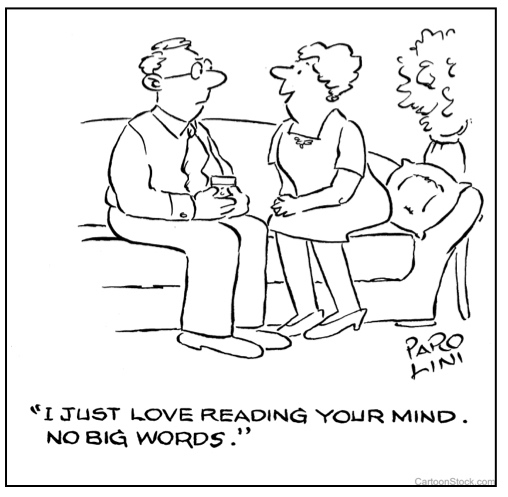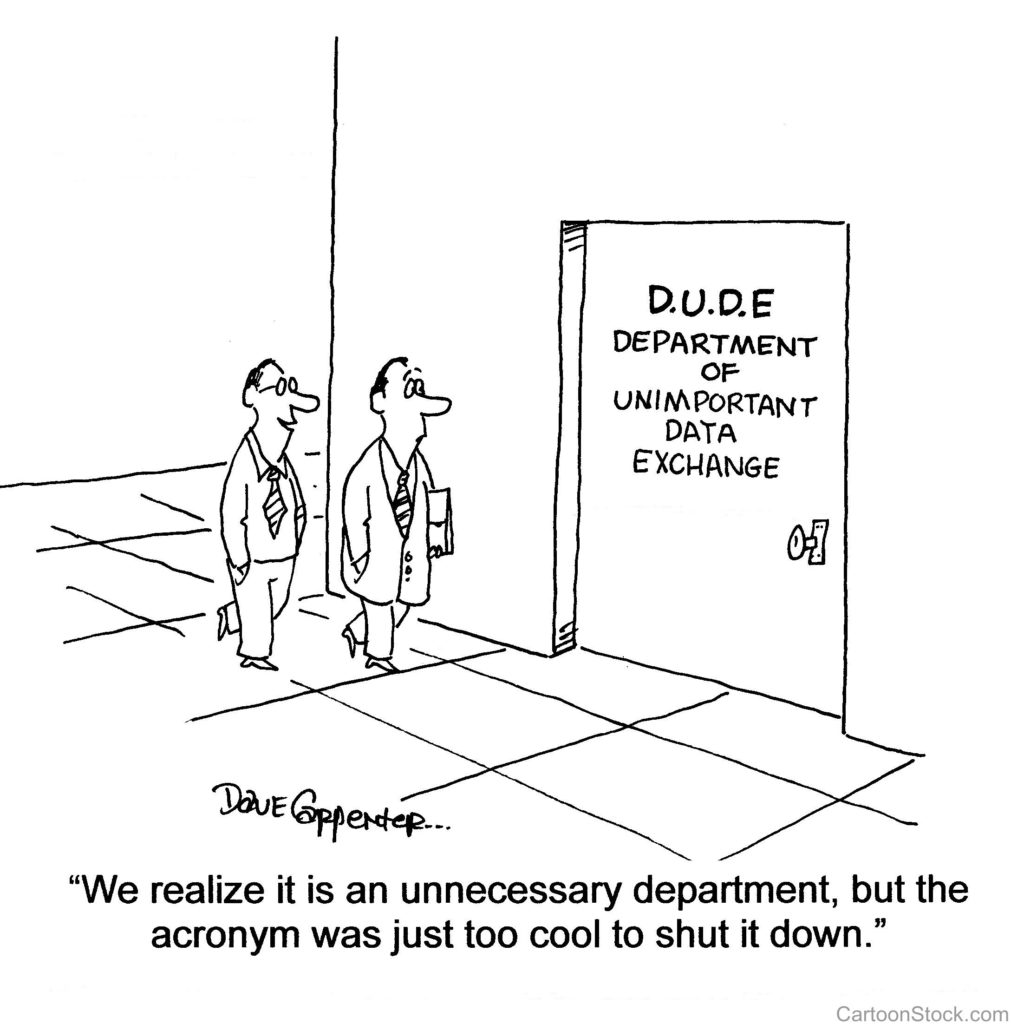 In one of his letters, George Washington wrote that he and Martha had not had dinner at home alone for twenty years. Every night for twenty years—7,300 days in a row—they had guests and visiting dignitaries to entertain. (from: A. J. Jacobs, My Life as an Experiment, page 15)
In one of his letters, George Washington wrote that he and Martha had not had dinner at home alone for twenty years. Every night for twenty years—7,300 days in a row—they had guests and visiting dignitaries to entertain. (from: A. J. Jacobs, My Life as an Experiment, page 15)
Granted, this anecdote is rather extreme. If I insisted on entertaining this frequently, I would live as a single adult.
But, I think Mary and I (and probably you, too) go to the other extreme: we don’t extend hospitality enough.
There’s a Spanish word that expresses the joy and benefit of hospitality—sobremesa—the time spent around the table after lunch or dinner, talking to the people you shared the meal with; time to digest and savor both food and friendship.
There is something profoundly satisfying about sharing a meal with other people. Eating together is one of the oldest and most fundamental unifying human experiences. It can simultaneously fulfill physical, emotional, and relational needs.
It will help establish and deepen friendships
If I share my food with you it’s either because I love you a lot, or because it fell on the floor and I don’t want it. (That’s a joke.) Truly, I can’t think of another setting that’s better for solidifying friendships than gathering to eat. It slows down our pace, narrows our space, focuses our attention, and creates a relaxing ambience—all of which are beneficial for deepening friendships.
It’s good for business
Since humans first walked the earth, we’ve known that sharing a meal can be good for business. For instance, a recent study revealed that it doesn’t take much to get a doctor to prescribe a brand-name medication—just a free meal. The study found that U.S. doctors who received a single free meal from a drug company were more likely to prescribe the drug than doctors who received no such meals. Meals paid for by drug companies cost less than $20 on average [Even Cheap Meals Influence Doctors’ Drug Prescriptions, Study Suggests, Peter Loftus, WSJ, June 20, 2016].
I’ve never understood why some organizations are so stingy with the amount of funds allocated for business meals. I once worked with a group of six senior executives at a $75 million-a-year business. They were frustrated that the CEO, in order to save money, eliminated their budget for business meals, which saved the company a whopping $24k a year. I suspect that poor decision cost the company ten times as much in lost revenue.
It engenders good will
Treat someone to a $15 lunch and they’ll be your friend forever. Well, that’s an exaggeration; but it is true that even a small amount of money and time will generate a lot of relational capital.
A weekly family meal can become a wonderful family tradition
I enjoy watching the sitcom, Bluebloods (on CBS). It follows the lives of three generations of New York City police officers. In every episode, there’s a scene showing their weekly, Sunday afternoon family meal in which they gather around the dinner table to talk, argue, laugh, and pass the potatoes. Every family would benefit from this tradition. [Note to my family: Are you reading this post?]
I double-dog-dare you: initiate and host meals and enjoy the sobremesa.
[reminder]What are your thoughts about this essay?[/reminder]

 Several years ago I attended a concert at the Nasher Sculpture Center in downtown Dallas. About 80 audience members stood in a circle around the musicians. A baritone soloist and six disparate instruments performed Eight Songs for a Mad King by Peter Maxwell Davies. Completed in 1969 it is one of the most distinctive and disturbing musical compositions of the twentieth century. The eight songs document the imagined events from King George III’s famous and well-documented descent into insanity.
Several years ago I attended a concert at the Nasher Sculpture Center in downtown Dallas. About 80 audience members stood in a circle around the musicians. A baritone soloist and six disparate instruments performed Eight Songs for a Mad King by Peter Maxwell Davies. Completed in 1969 it is one of the most distinctive and disturbing musical compositions of the twentieth century. The eight songs document the imagined events from King George III’s famous and well-documented descent into insanity.  That’s all I can stands, and I can’t stands no more. —Popeye
That’s all I can stands, and I can’t stands no more. —Popeye According to American business historian Robert Sobel, the British government created a civil-service job in 1803 which called for a man to stand on the white cliffs of Dover with a spyglass and to ring a bell if he saw Napoleon coming. Napoleon died in 1821; the job continued until 1945.
According to American business historian Robert Sobel, the British government created a civil-service job in 1803 which called for a man to stand on the white cliffs of Dover with a spyglass and to ring a bell if he saw Napoleon coming. Napoleon died in 1821; the job continued until 1945.